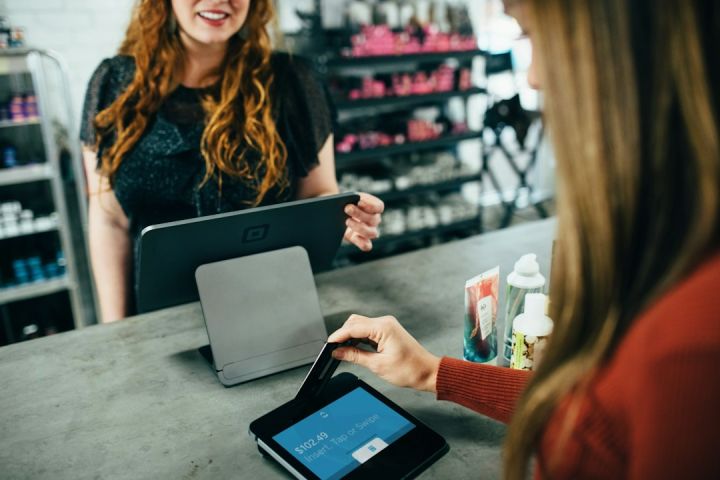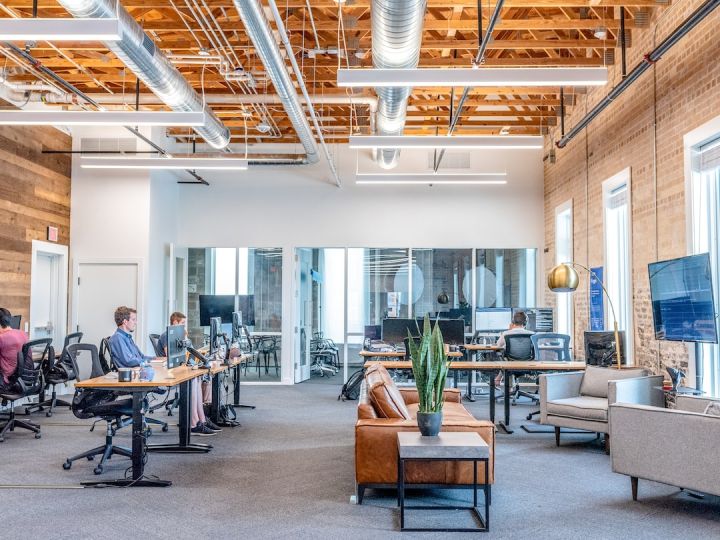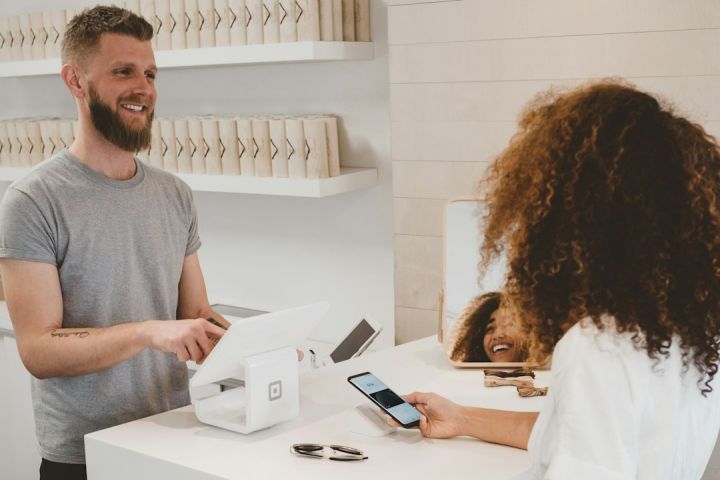How Can Personalization Improve Customer Experience?
In today’s fast-paced and competitive business landscape, providing a personalized customer experience is becoming increasingly important. Customers are no longer satisfied with a one-size-fits-all approach, and expect businesses to tailor their offerings to their specific needs and preferences. This is where personalization comes into play. By implementing personalized strategies, businesses can not only enhance customer satisfaction but also build stronger relationships and drive customer loyalty. In this article, we will explore the various ways in which personalization can improve the overall customer experience.
Understanding Customer Needs and Preferences
One of the key benefits of personalization is the ability to gain a deeper understanding of customer needs and preferences. By leveraging data and analytics, businesses can collect valuable insights about their customers’ behaviors, interests, and purchasing patterns. This information can then be used to create personalized experiences that cater to individual customer needs. For example, an online retailer can use past purchase data to recommend relevant products or offer tailored promotions to specific customers. By doing so, businesses can demonstrate that they truly understand their customers and are committed to meeting their unique requirements.
Enhancing Customer Engagement
Personalization also plays a crucial role in enhancing customer engagement. Customers are more likely to engage with businesses that provide personalized experiences, as they feel a stronger connection and relevance to the brand. For instance, a clothing retailer can send personalized emails to customers, addressing them by their names and recommending new arrivals based on their previous purchases. This level of personalization not only grabs the customer’s attention but also encourages them to further explore the brand and make a purchase. By creating personalized experiences, businesses can effectively capture and maintain the interest of their customers, leading to higher engagement and ultimately, increased sales.
Improving Customer Satisfaction and Loyalty
Another significant benefit of personalization is its ability to improve customer satisfaction and loyalty. When customers feel valued and understood by a business, they are more likely to have a positive experience and develop a sense of loyalty towards the brand. Personalization allows businesses to go the extra mile in meeting customer expectations and delivering a seamless experience. For example, a hotel can personalize a guest’s stay by remembering their preferences, such as room temperature, pillow type, or favorite amenities. By doing so, the hotel not only ensures a comfortable stay but also creates a memorable experience that the guest is likely to share with others. This word-of-mouth promotion can significantly impact customer loyalty and drive repeat business.
Driving Business Growth and Revenue
The impact of personalization goes beyond customer satisfaction and loyalty. It can also have a direct influence on business growth and revenue. By tailoring products, services, and marketing efforts to individual customers, businesses can increase their chances of making a sale. Personalized recommendations, offers, and promotions can entice customers to make a purchase, resulting in higher conversion rates and revenue. Additionally, when customers have a positive personalized experience, they are more likely to become brand advocates and refer the business to others. This can lead to a larger customer base and ultimately, more significant business growth.
In conclusion, personalization has become a critical aspect of improving the customer experience. By understanding customer needs and preferences, enhancing engagement, increasing customer satisfaction and loyalty, and driving business growth and revenue, businesses can leverage personalization to create meaningful and long-lasting relationships with their customers. As technology continues to advance, the opportunities for personalization are only expected to grow. Therefore, it is crucial for businesses to embrace personalization as a strategic approach to stay competitive and deliver exceptional customer experiences.






